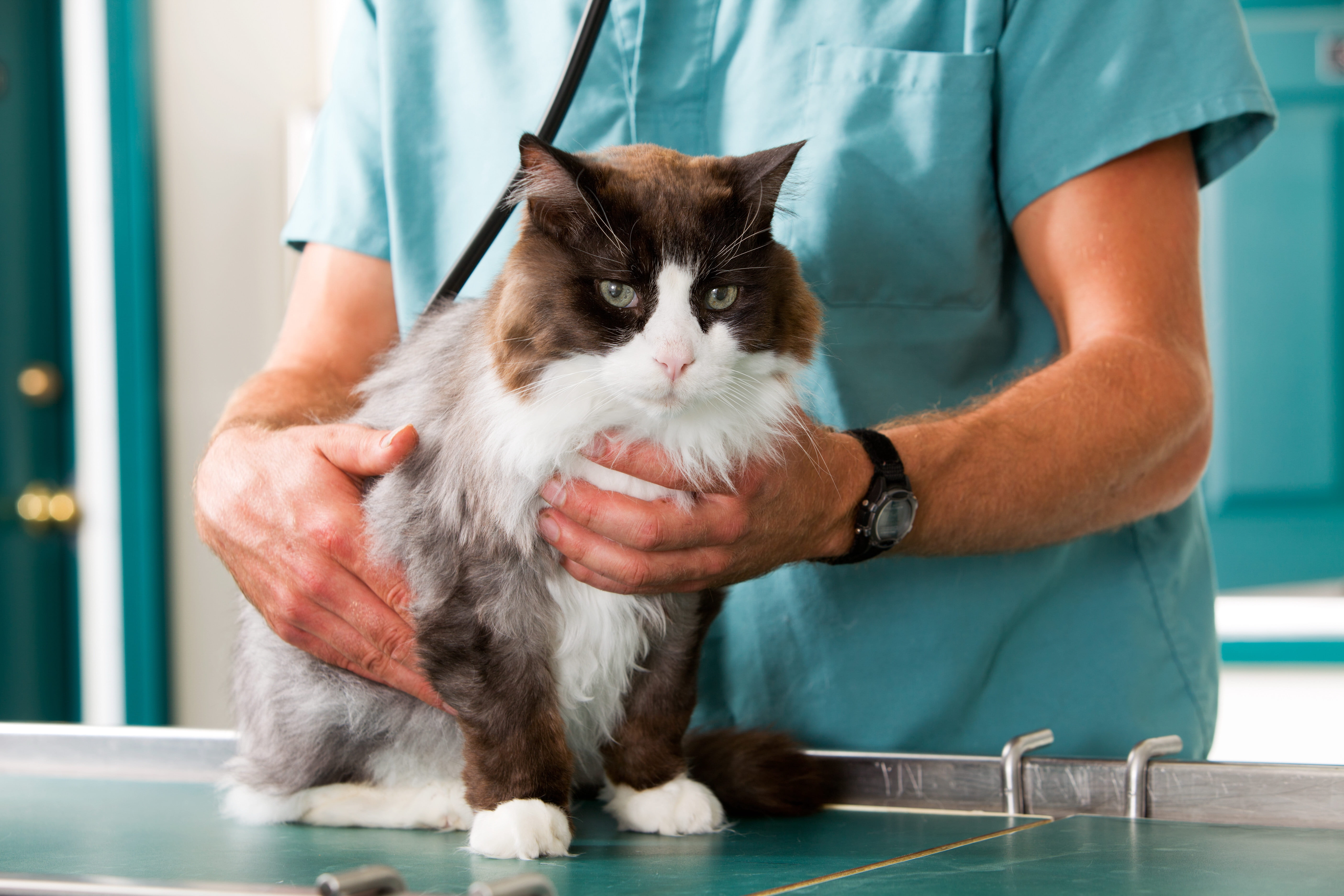PET CARE
How to Spot the Signs of Illness in Your Pets
As pet parents, we all want our furry, feathered, or scaly companions to lead their best, healthiest lives. But unlike us, pets can’t communicate when they’re feeling under the weather. Which is why one of the most important things you can do to care for your pet is learn to spot the subtle (and sometimes not-so-subtle) signs of an illness.
In this post, we’ll discuss how to recognize the early signs of illness in your pets, how to act quickly, and what to talk about with your veterinarian. We need to make sure your best friend gets the treatment they require!
Why Early Illness Detection in Pets Matters
Early detection of health problems can have a significant impact on a pet’s recovery. Many health problems are easier—and less costly—to treat when they are caught early. Also, starting treatment early can improve your pet’s quality of life and help get them back to their tail-wagging or purring self-faster.
Common Signs of Illness in Pets
Every breed of every animal comes with its own quirks, but there are universal signals that something is wrong.
1. Changes in Appetite or Thirst
Change in your pet’s food or water intake could signal a problem. For example:
- More thirst could signal kidney disease or diabetes.
- Lack of appetite can indicate dental disease, stomach problems, or some serious conditions including cancer.
If your pet doesn’t eat or if it empties the water dish much more quickly than normal for more than a day, it is time to get in touch with your veterinarian.
2. Lethargy or Low Energy
Does your usually playful dog snub his favorite toy? Or is your normally frisky cat sitting around more than usual? Irritation may also be an indication of fever, infection, or underlying pain.
Pet Care Tips: Monitor your pet’s energy levels for a few days to assess whether this is a consistent change or just a lazy afternoon.
3. Vomiting or Diarrhea
Burps and the occasional upset stomach aren’t a big deal, but frequent vomiting or diarrhea is a warning sign. It could be food intolerance, poisoning, parasites, or serious illness.
Keep an eye out for:
- Blood in vomit or stool
- Symptoms for more than 24 hours
- Repeated episodes of dehydration
4. Changes in Coat or Skin
The skin and fur of your pet often is a good mirror of their general health. Look out for:
- Bald spots or hair loss problems
- Redness, rashes, or bumps
- Dry or flaky skin
These symptoms might indicate allergies, infections, or even hormonal imbalances. Also, watch out for fleas and ticks, particularly in the warmer months!
5. Unusual Behavior
Behavioral changes can be among the most obvious signs of illness. Be on alert if your pet begins to behave differently, such as:
- Making excuses not to show up or engage
- Aggression when touched
- Restlessness or pacing
Usually, changes like these indicate pain, discomfort, or stress.
6. Breathing Problems
If your pet is coughing, wheezing, or struggling to breathe, it’s important to act fast. Respiratory issues can signal infections, allergies, or more serious conditions such as heart disease.
Warning Signs to Watch:
- Cats need to breathe through their mouths (this is particularly bad)
- Persistent coughing in dogs
- Labored breathing or gasping
When to See a Veterinarian
Whereas other symptoms may resolve on their own (such as a mild upset stomach), some require immediate medical intervention. Here’s when you should go straight to the vet:
- Your animal appears to be in significant discomfort.
- These symptoms last longer than 24-48 hours.
- There’s blood in vomit, feces, or urine.
- Breathing difficulties arise.
- There is sudden unexplained weight loss.
If you don’t know, always err on the side of caution. A simple trip to the vet can provide you with peace of mind and ensure your pet receives the care they require.
How to Care For Your Pets Health
Detecting illness is important, but prevention is even better. Here are some tips to keep your pet in top-notch shape:
1. Regular Checkups
Annual (or bi-annual for older pets) veterinarian visits help discover problems before they become problems. Rounding out those visits with routine exams, vaccinations, and blood work can be the difference.
2. A Balanced Diet
Provide your pet with the best diet you can manage (as well as the right one for their needs). Portion control is just as important because obesity can also cause serious health issues.
3. Physical Activity and Brain Engagement
Daily walks, playtime, and engaging toys ensure your pet’s mental and physical well-being.
4. Grooming and Hygiene
Regular grooming not only maintains your pet’s aesthetic but also helps you identify any skin problems, lumps, or parasites in their early stages.
5. Dental Care
Dental health is crucial not to be overlooked. To maintain good oral health, brush your pet’s teeth regularly or offer dental chews.
Conclusion
Our pets depend on us to recognize when something’s wrong and to get them the help they need. And by keeping an eye on changes in behaviors, diet, and physical appearance, you can be a proactive and loving parent to your pet.
And the sooner you catch illness, the better the opportunity for a complete recovery. If you’re ever unsure of your pet’s health, you can always put in a call to your veterinarian — better safe than sorry.
Pets bring you love and companionship with no conditions attached. And in exchange, let’s give them the care they deserve. Healthy pets are the happy pets, after all!
Recent Posts

PROFESSIONAL SERVICES
"How to Choose the Best Professional Services: A Comprehensive Guide" When it comes time for acquiring professional services, be it advisory or consultation services or accounting, it is crucial that you... Read More

ACCOMMODATION
"How to Choose the Perfect Accommodation for Your Next Trip: Top Tips & Tricks" Introduction Planning your next trip? Picking the right place to stay is the most crucial task that will... Read More

Travel and Tour
Last-Minute Travel Deals: Your Guide to Affordable Adventures Introduction to Last-Minute Travel Deals How often have you fantasized about getting away from your daily grind with no or very little time to... Read More

HOUSHOLD MANAGEMENT
How to Organize Your Home like a Pro: Tips from Experts How about, you have never met someone who is running out of space in the closet? Chances are, you are... Read More

